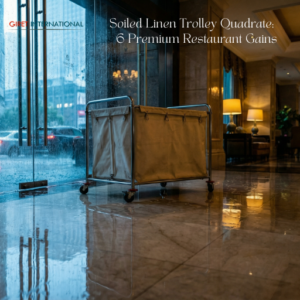ESS Switches & the Reality of Costly Hotel Power Losses
ESS Switches are becoming a vital part of hotel infrastructure due to the increasing cost of electricity and the unpredictable nature of guest behavior.
Hotels often underestimate how much energy is wasted daily:
- ACs running in empty rooms
- Lights left on for hours
- Chargers heating without supervision
- TV screens playing without viewers
- Kettles and irons left plugged in
These small repeated actions accumulate into massive annual financial losses.
The global hospitality industry has identified energy waste as one of the top three areas affecting hotel profitability. The International Energy Agency (IEA) estimates that commercial buildings lose between 20–35% of electricity to inefficiency.
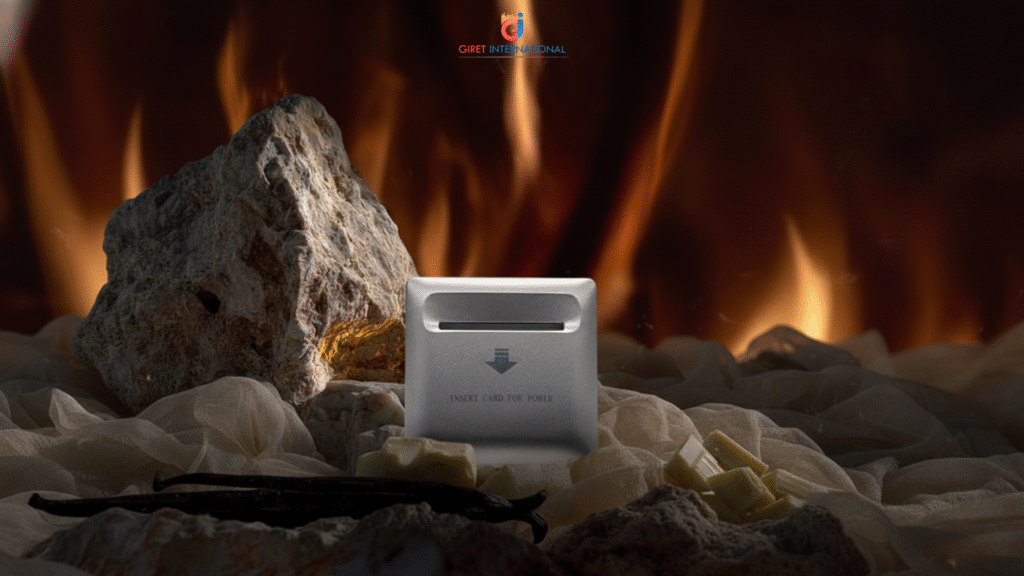
ESS Switches provide a structured solution that aligns energy usage directly with room occupancy.
How ESS Switches Function Inside Modern Hotels
To understand how ESS Switches fix power losses, it’s necessary to understand their operating mechanism.
The ESS Switch power logic:
- Guest enters room
- Inserts RFID/MIFARE keycard
- ESS Switch activates room power
- Guest exits
- Removes card
- Room shuts down automatically after 20–30 seconds
This timed shutdown ensures:
- Guests exit safely
- AC cycles stop
- Appliances do not run unattended
ESS Switches give hotels intelligent, occupancy-based power control without depending on manual intervention.
Why Hotels Struggle With Power Wastage
Hotels face energy challenges because:
- Guests rarely think about energy bills
- Staff cannot monitor every room constantly
- Rooms have increasing numbers of appliances
- AC units consume enormous power
- Guests forget to turn off switches
- Check-out rooms often remain powered for hours
- Engineering teams cannot track unoccupied load cycles

This results in:
- Higher operational costs
- Premature equipment failure
- Unpredictable power bills
- Cooling inefficiency
- Overloaded electrical infrastructure
ESS Switches create operational discipline instantly.
6 Smart Fixes ESS Switches Provide to Stop Power Loss
Below are the six core areas where ESS Switches stop the most expensive and frequent forms of hotel energy loss.
1. ESS Switches Prevent AC Overuse (Major Cost Saver)
AC units consume 40–60% of a hotel room’s electricity.
Most power loss occurs due to ACs operating without guests inside the room.
ESS Switches fix this by:
- Cutting AC power automatically
- Controlling compressor load
- Preventing the AC from cooling an empty room
- Reducing coil strain
- Avoiding overnight operation
Hotels see the fastest ROI just through AC load reduction.
2. ESS Switches Eliminate Unattended Lighting Waste
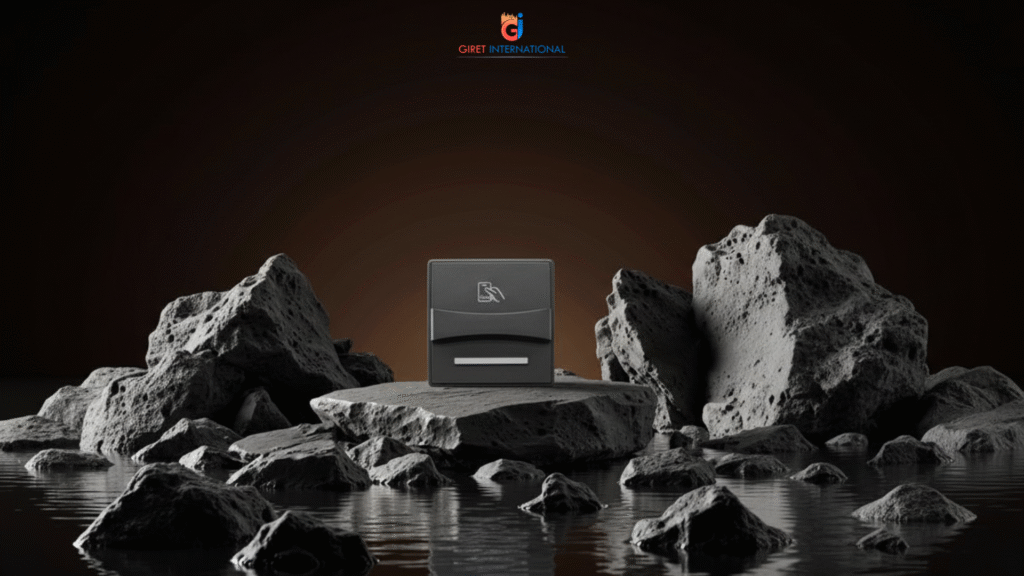
Guests frequently leave:
- Bathroom lights
- Corridor lights
- Bedside lamps
- Table lamps
- Ceiling lights
…on without realizing the cost impact.
ESS Switches shut down all lights automatically in empty rooms.
This:
- Reduces lighting hours
- Prevents bulb overheating
- Cuts lighting replacement cost
- Lowers electrical consumption
Lighting efficiency improves dramatically after ESS installation.
3. ESS Switches Control Power-Hungry Appliances
Hotel rooms include multiple appliances that consume unnecessary electricity when left ON:
- Kettles
- Irons
- Hair dryers
- Mini-fridges
- Televisions
- Charging sockets
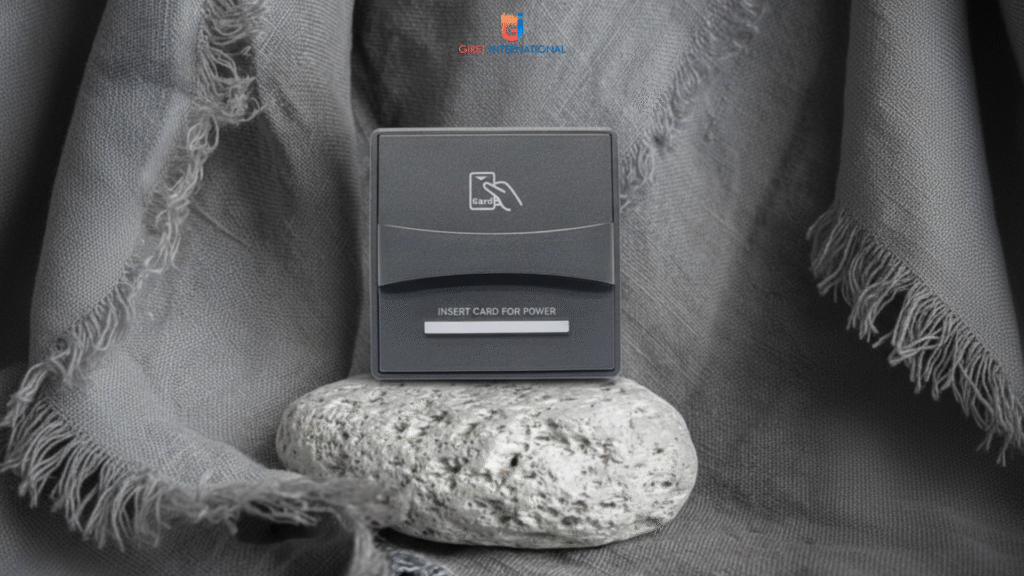
ESS Switches ensure these appliances:
- Disconnect when the room is unoccupied
- Do not create heat hazards
- Do not increase electrical load
This improves both safety and cost efficiency.
4. ESS Switches Regulate Guest-Driven Energy Misuse
Guest behavior is unpredictable. Some guests:
- Turn AC to extreme settings
- Leave heating devices powered
- Run multiple gadgets at once
- Forget to turn switches off
ESS Switches control these patterns by linking power usage to physical presence.
Even in high-occupancy hotel floors, this prevents large spikes in electrical load.
5. ESS Switches Support Engineering & Safety Efficiency
Power loss is not just a financial problem it creates technical challenges too.
ESS Switches help engineering teams by:
- Reducing AC repair frequency
- Lowering compressor burnout cases
- Reducing electrical overheating
- Preventing short circuits
- Stabilizing power flow patterns
This makes the room safer and reduces operational incidents.
6. ESS Switches Improve Cost Planning & Energy Forecasting

Hotels struggle to predict energy costs due to unpredictable room usage.
ESS Switches create consistent patterns of:
- Power on
- Power off
- Energy cycles
- Appliance usage
This improves:
- Monthly bill forecasting
- Seasonal load planning
- Preventive maintenance schedules
- Long-term infrastructure management
Predictable energy usage = predictable expenses.
ESS Switch Models Hotels Use For Loss Prevention
Different ESS Switch models suit different hotel segments.
Glass ESS Switches (86×86 mm)
Ideal for premium rooms:
- Tempered glass
- High visual appeal
- 40 AMP load
- MIFARE technology
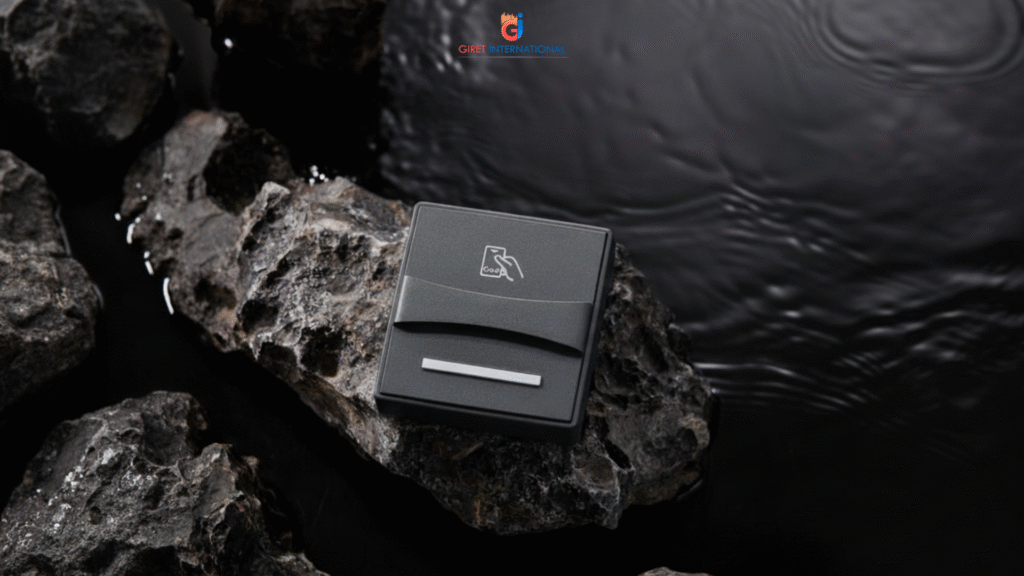
JOSH ESS Switch (88×88×36 mm)
Designed for heavy usage areas:
- Strong PC build
- 30-second delay
- Great for business hotels
PC ESS Switches
Versatile and durable:
- Available in black, white, grey, gold
- 20-second delay shutdown
- Perfect for mid-range hotels and serviced apartments
ESS Combo Models
Advanced use cases:
- Music-enabled models
- Multi-option configurations
- Suitable for premium or specialty rooms
Key Technical Features That Make ESS Switches Effective
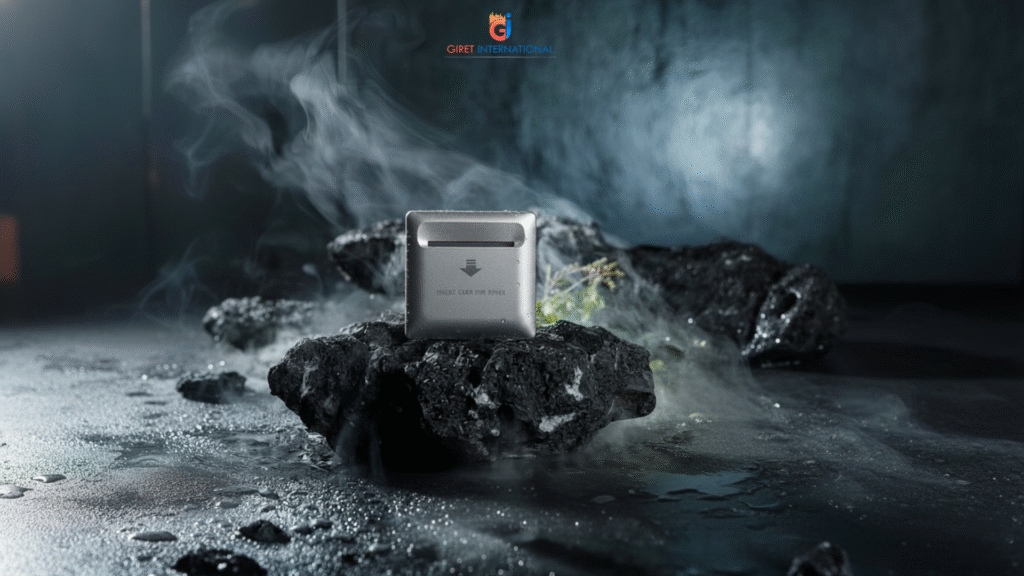
ESS Switches prevent power loss because of:
- MIFARE-only activation
- Strict occupancy-based logic
- 40 AMP safe load capacity
- Auto shutdown delay
- Stable internal circuitry
- Heat-resistant materials
- Anti-misuse design
These engineering elements ensure maximum energy discipline inside rooms.
How to Choose the Right ESS Switch Model
Choose based on:
- Room theme
- Load requirements
- Automation system
- Guest category
- Aesthetic preference
- Engineering compatibility
- Warranty needs
Hotels often underestimate how much the design + technology combination matters.
Both should fit the room category and brand standards.
Installation Practices For Maximum Energy Savings
ESS Switch performance depends heavily on installation.
Best practices include:
- Use high-quality 2M mounting boxes
- Ensure proper wiring alignment
- Pair with compatible RFID locks
- Confirm MIFARE card settings
- Install at proper height
- Test delayed shutdown sequence
Correct installation increases energy savings by 30–40%.
Real Hotel Scenarios Where ESS Switches Prevent Losses

Scenario 1: AC left ON at 16°C during checkout
ESS Switch cuts power within seconds → saving hours of wasted cooling.
Scenario 2: Bathroom geyser accidentally left running
ESS Switch shuts down power → stopping extreme load consumption.
Scenario 3: Multiple gadgets left plugged in
ESS Switch isolates sockets → preventing heat buildup.
Scenario 4: Housekeeping enters a cold, fully powered room
ESS Switch ensures room was off before arrival → safer & efficient.
Scenario 5: Multi-room guest forgets lights everywhere
ESS Switch eliminates the need for staff to monitor rooms manually.
Scenario 6: Corporate floors with high turnover
ESS Switch standardizes energy patterns → reducing monthly electricity costs significantly.
Conclusion & Next-Step Recommendations
ESS Switches are one of the most effective solutions for controlling power loss inside hotel rooms.
They address:
- Unattended usage
- AC overuse
- Appliance misuse
- Lighting waste
- Electrical safety risks
- Engineering challenges
Hotels implementing ESS Switches experience immediate improvements in cost efficiency, room safety, and operational predictability.
For properties looking to reduce consumption and upgrade infrastructure:
➡ Explore Giret Hospitality Products
➡ Visit About Giret International
➡ Contact us for expert guidance
Instagram | Facebook | Pinterest | YouTube | X (Twitter)
ESS Switches belong at the core of every modern, controlled, intelligent hotel room.


